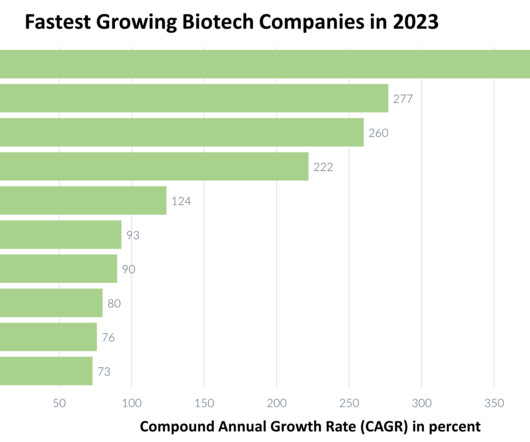Rare Disease Diagnosis: Why Tackling the Genomic Analysis Bottleneck is Key to Advancing Precision Medicine
XTalks
NOVEMBER 10, 2020
Expeditious and accurate diagnoses are necessary for patients to access healthcare services and treatment options for rare genetic diseases. Increasing the efficiency of case analysis and interpretation is essential to providing timely care for patients with genetic diseases.














Let's personalize your content